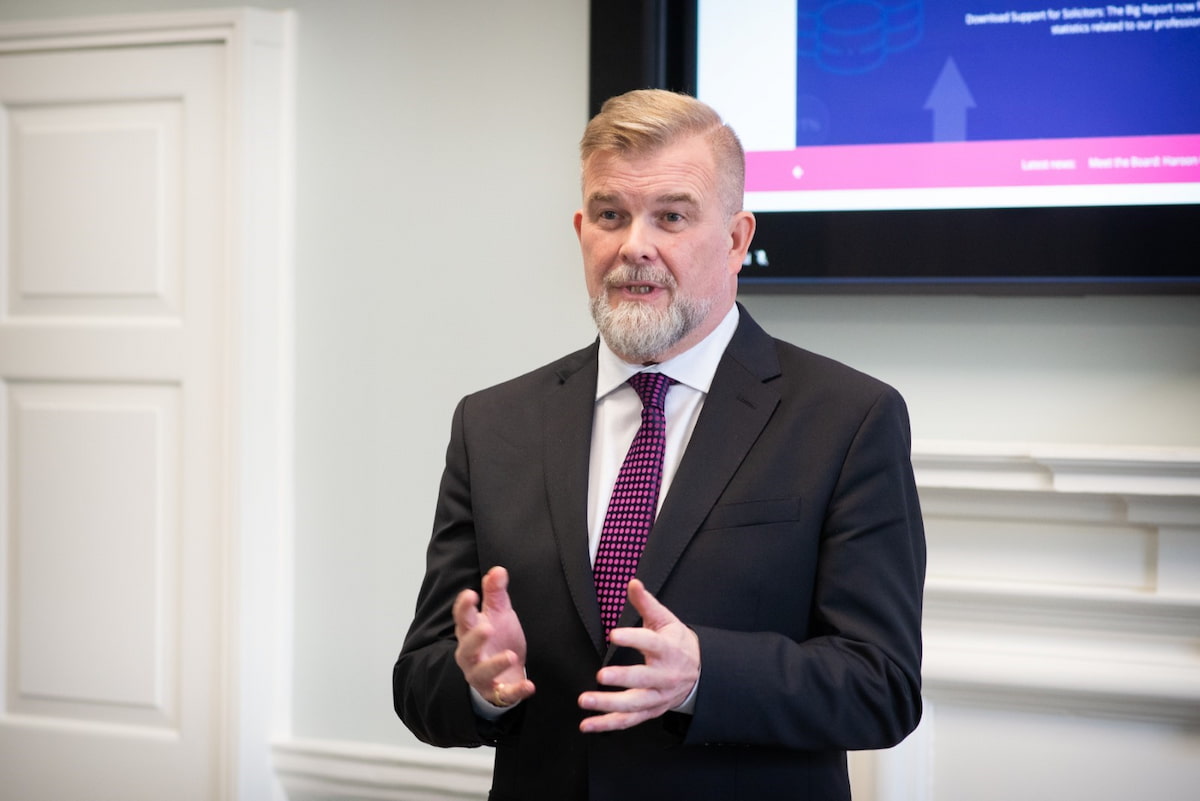
The far-reaching impact of the Covid-19 pandemic has pervaded all levels of society globally. The harsh reality of this seismic event is the disproportionate impact it has had on black and minority ethnic communities – underscoring racial and ethnic health disparities. In parallel, the killing of George Floyd in May 2020 was described as the result of a “Pandemic of Racism” by his lawyer, Rev Al Sharpton. A pandemic within a pandemic that has laid bare the pervasive racial disparities, injustices and inequalities that exist within our society and our profession.
Pandemic of Inequality
The ensuing outpouring across the world with the Black Lives Matter movement culminated in a pivotal moment in history when people and organisations around the globe were listening and wanted to understand issues of racism, racial injustice and inequality that plague the experiences of people of colour.
As the primary voice of black solicitors in the UK, the Black Solicitors Network (BSN) seized the opportunity to call on leaders in the legal profession to take action on racial diversity at a time when both the nation and the profession were listening.
BSN’s Open Letter to law firm leaders
In June 2020, BSN published an Open Letter to Law Firm leaders1 in which we challenged firms to “walk the talk” and to turn positive intentions into positive action and create a level playing field for all. It was important that statements of solidarity and vocal commitments on racial diversity in the law were being operationalised in a lasting and sustainable way. Our Open Letter outlined 5 action points for driving meaningful change:
- Metrics, targets and accountability: audit and identify diversity gaps, establish ethnicity targets and action plans and finally, hold leaders accountable for delivery on those targets and plans
- Retention: implement initiatives and measures to tackle the persistent retention issue for black lawyers at the early and midlevel phase of their career trajectory
- Promotion: commit to, and invest in, black talent management, sponsorship and progression
- Organisational culture: implement tools with appropriate accountability to ensure the process of interviews, evaluations/ appraisals, work allocation, pay and promotion (and the criteria behind them) is open, transparent, fair and free from bias
- External diversity engagement/social impact: understand and care about the impact of your business on external communities.
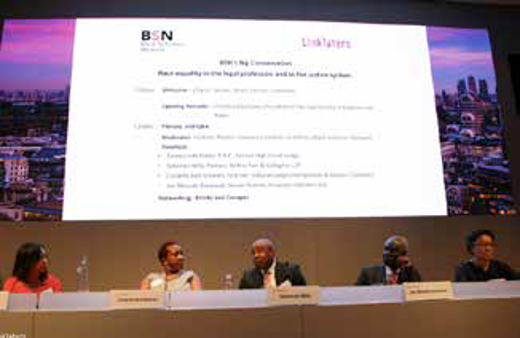
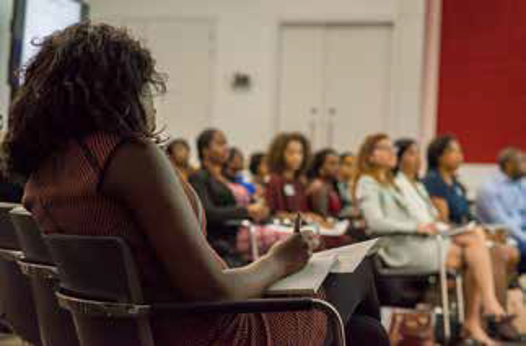
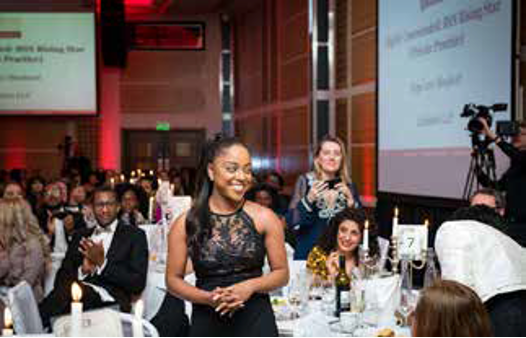
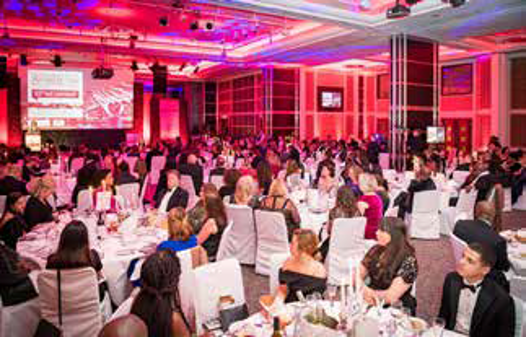
The response to our call to action has been both encouraging and commendable. Firms and other organisations are now stepping up their engagement with BSN in driving their ethnic diversity agenda and many have launched race and ethnicity action plans and targets. It is equally important to recognise that meaningful change in the workplace is a multi-dimensional process.
Leaders can act as role models of inclusionary practices by addressing and tackling racial stereotypes, prejudices and slights that pervade the organisation
It takes more than touch point initiatives like unconscious bias training and cultural activities (which have their place). Organisational change is long term, it is systemic and is reinforced by accountability at the top (senior leadership/partners) and throughout all levels of the organisation. Accountability requires more than delivery on quantitative measures, which is needed, but also cultural and behavioural changes that create an inclusive working environment and equality of opportunity for all colleagues.
Leaders can act as role models of inclusionary practices by addressing and tackling racial stereotypes, prejudices and slights that pervade the organisation – as these in turn affect the way leadership is performed and accepted. This cultural shift is needed in order to reduce the attrition levels for black talent and build a diverse pipeline for promotion to senior roles. BSN has been advocating for change since its launch in 1995. We have a current membership of 5,000 and are committed to equality of access, retention and progression of aspiring and existing black solicitors. We have seen positive change in the diversification of the profession at the entry level over the years, however, progress at the top for black and minority ethnic (BME) lawyers has been painstakingly slow. Whilst it is disheartening that fundamental change is still needed 25 years after BSN’s inception, now is as important a time as ever to continue our drive.
BSN’s early years
BSN was founded in 1995 by a group of like-minded solicitors sharing a vision of a dynamic body that promoted and represented the interests of black solicitors in England and Wales. In the early years, BME solicitors were predominantly concentrated in smaller firms headed by 1-3 partners – this remains the case today. A significant proportion of those firms were legal aid funded and gave ordinary people with ordinary problems access to justice.
The successive years of deficit reduction policies by governments has resulted in these firms and their clients receiving reduced funding, reduced access to justice and has reduced the livelihoods of both the solicitors and their clients. BSN’s founding members, being sole practitioners running small firms, came together to discuss proposed legal aid reforms and how they could prepare for the future challenge to their businesses. They mobilised likeminded practitioners and lobbied the representative body for the profession, The Law Society, the regulatory body and the government to drive through change.
BSN continues to actively participate in consultations initiated by The Law Society, the Solicitors Regulation Authority and other regulatory, parliamentary and government bodies regarding matters affecting BME lawyers.
BSN City
Over the years, BSN’s mission and purpose has broadened to encompass improving access to the profession for individuals from other minority ethnic backgrounds. BSN’s attention turned to the City as we observed an underrepresentation of BME lawyers in corporate life. This led to BSN developing and publishing the first Diversity League Table (DLT) in 2006. The DLT is widely considered as the profession’s leading diversity reporting initiative. Sponsored by The Law Society, the DLT details demographic trends of major law firms covering core diversity strands: gender, ethnicity, sexual orientation and disability. At its inception, the DLT represented a ground-breaking piece of work predating all current cross-strand diversity monitoring initiatives and requirements, leading to greater transparency around diversity measures in the legal profession and, importantly, challenging employers to do more in this space. Our upcoming edition of the DLT will focus on the success factors of diversity and inclusion in the legal profession through a series of case studies.
To tackle issues around the underrepresentation of, and challenges faced by, BME talent in corporate and commercial law, in 2008, in the midst of a challenging economic environment (with widespread redundancies), we established BSN’s City branch (BSN City Group).
The Group’s core mission is to focus on the needs of, and issues affecting, black corporate and commercial lawyers (in-house and in private practice) practising in London. BSN City Group has grown exponentially since its inception as City lawyers avail themselves of this much needed support network.
Both the Diversity League Table and the work of BSN City Group have had a major impact on access to the profession and how lawyers of BME backgrounds are perceived in the profession and other industries. These initiatives put to rest the misconception that there is only a limited pool of talented BME lawyers to recruit, or promote, from.
One of the meaningful ways in which BSN City Group has sought to address the significant under-representation of BME lawyers in the senior ranks is with the launch in 2014 of its “Creating Pathways through Mentoring and Sponsorship” programme.
This yearly programme provides mid-level BME City lawyers with access to insights and perspectives on professional development from outside their organisations. Successful applicants to the programme are paired with senior City lawyers as mentors, who provide tailored mentoring and career coaching to their mentees. The programme is enhanced by professional developmental seminars hosted in partnership with City firms and other organisations. Through the Creating Pathways Programme, we hope to accelerate positive change in the progression of BME lawyers in the City.
More recently in 2018, BSN launched its Junior Lawyers’ Group which focuses on connecting junior BME lawyers for relationship building and provides a forum for support, inspiration and guidance.
Regional talent
An important challenge in the legal sector is the need to develop regional talent. BSN relaunched its offering in the North of England, BSN North (based in Manchester), in April 2016 with the aim of raising awareness of the region’s talented BME legal communities. In a region with a large student population, BSN North works collaboratively with its partners to provide skills workshops, career training and a wide range of developmental opportunities.
BSN relaunched its Midlands branch in 2020. Based in Birmingham, we provide network and career support to BME lawyers in the region.
Building a diverse pipeline into the legal profession has always been a priority for BSN
The next generation
Building a diverse pipeline into the legal profession has always been a priority for BSN. We have delivered Careers Workshops for our undergraduate and graduate student members for the past 12 years, primarily in London and Manchester. 30% of BSN’s membership is comprised of students, so we have expanded our Careers Workshops into a national student offering: BSN Grassroots programme. Supported by partner universities and industry sponsors, this comprehensive programme which is designed to promote and increase equality of access to the legal profession for BME students, will be delivered through a series of careers and skills workshops, networking events and unique opportunities. BSN Grassroots will be launching in late Spring 2021.
Celebrating excellence
In furtherance of our mission of striving for an equal profession, 11 years ago BSN launched its Diversity Legal Awards programme. The UK Diversity Legal Awards showcase and celebrate the excellent work being done by individuals, teams and organisations to engender greater diversity in the legal profession. It is the only industry awards in the UK which focus solely on recognising and promoting diversity, inclusion and equality across the legal profession.
These awards are open to, and nominations are received from, law firms, chambers, in-house legal teams, suppliers to and individuals within the legal profession. Submissions may cover one, some or all aspects of diversity, including gender, ethnicity, sexual orientation, disability, social mobility, mental health and wellbeing, and access to justice. Nominations for these awards will open in late Spring 2021.
In 2020, as part of our commitment to support the economic growth and empowerment of BME-led organisations and legal professionals, we launched BSN Connect, an online directory of BME solicitors, law firms, barristers, chambers and suppliers to the profession. BSN Connect is a gateway to receiving and sharing opportunities, information, advice and connections among lawyers and legal suppliers.
Get involved
BSN’s mission is pursued through its extensive initiatives and programmes which present exciting opportunities to get involved with BSN’s unique platform of services which benefit its members and stakeholders alike. We have been doing this since 1995 and our impact is far reaching. We are not complacent, however, and continue to strive for an equal profession. There is still more work to be done to achieve this goal. We value your help in delivering on our mission.
If you’re interested in hearing more about the black solicitors amazing initiatives and programmes or would like to get involved, please check out their social media to find out more:
LinkedIn: Black Solicitors Network;
Twitter: @BSNOfficial;
Instagram: @blacksolicitorsnetwork
Paulette Mastin | Chair | Black Solicitors Network
Read more of our favourite features from Modern Law Magazine here



